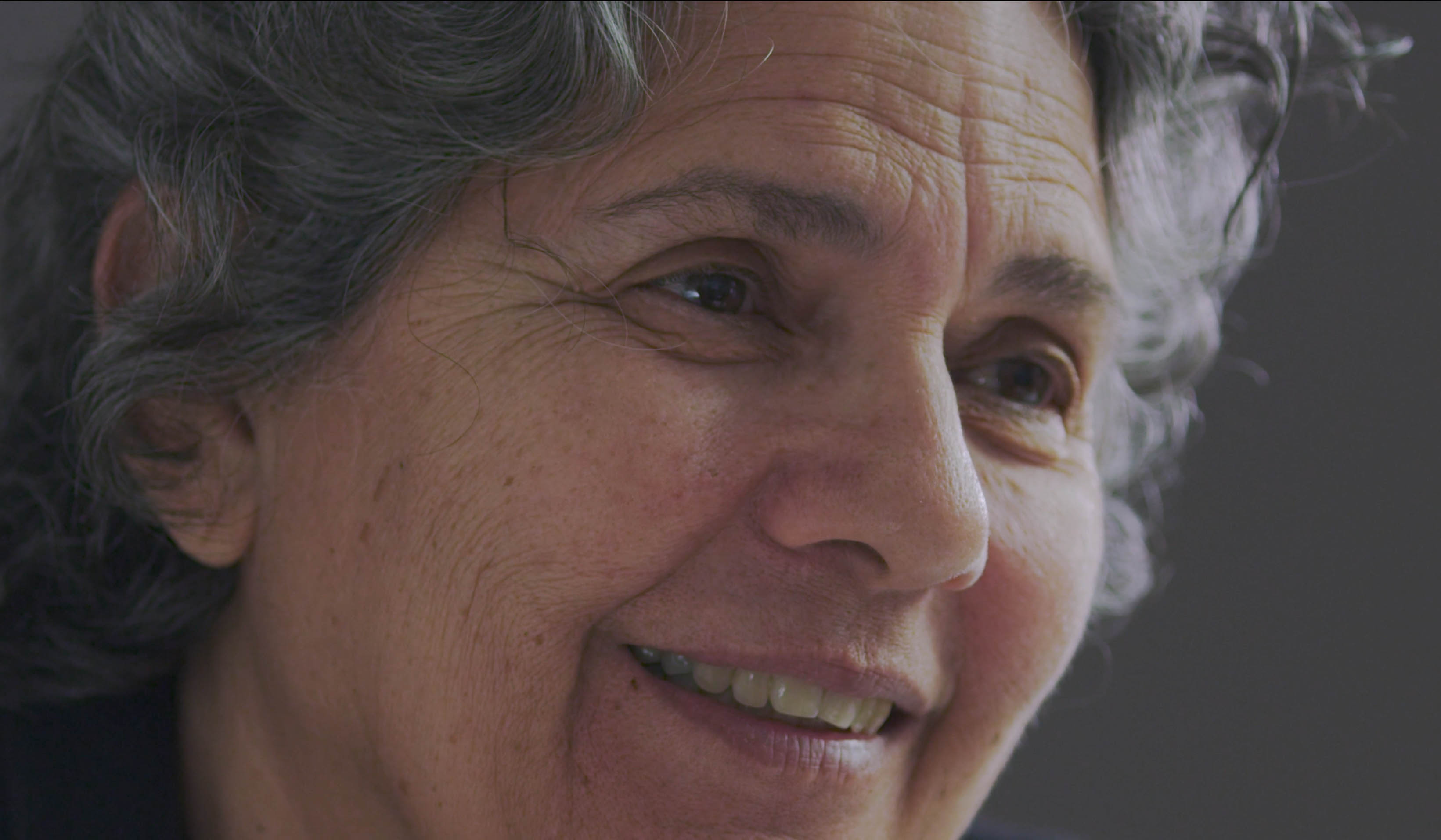Historically, mothers have been a fundamentally definitive piece both in our intimate narrative and for our conventional understanding of family structure. However, for some time the mother figure and the entire concept of family has been shifting towards a more complex yet freer, inclusive and comprehensive form. The protagonist of this story challenged the traditional perception of mothers by choosing to become a role model, respecting her own beliefs of what is needed for society and serving as an example of community devotion to her family.
Although they are rare, some people work in a selfless manner to serve humanity. Quratul Ain Bekhtaeari is undoubtedly one of these people. Born in 1949 after the creation of Pakistan in 1947, her parents decided their children would grow up in the humble and modest environment offered by a refugee camp on the outskirts of Karachi. At the age of sixteen her parents arranged her marriage to a dental surgeon. Soon after her marriage, Quratul and her husband had three children. Sensitized since an early age towards social injustices and shocked by the destruction of the Indo-Pakistani war of 1971 after East Pakistan became independent Bangladesh, Quratul Ain decided to devote herself fully to her community. As she puts it, “how could I bear this half of the country gone and what was I doing?”
Quratul Ain’s dedication and perseverance inevitably caused her to drift away from her household duties to the point where she was forced to make a decision. She recalls that she was, “hardly at home. I was not the same mother. I was not the same wife. I was not the same daughter-in-law. Yeah. You know what? It changed me.” “I was really not there at home the way I used to be, the way I used to be a dedicated mother and a wife and doing all the social thing, the family.” And so it was that Quratul Ain was given the choice become a conventional mother and wife or leave. Quratul Ain: “I had no choice, but to leave”.
From 1978 to 1989 she continued her community work as a researcher, volunteer, organizer and coordinator within the settlements around Karachi while completing her B.A. degree. During this time, she was heavily involved in major social contributions, mainly focused on public health and sanitation. After finishing her B.A. Quratul worked on providing basic health care and education access to newly arrived refugees. She finished a Master’s degree and Ph.D to continue working on establishing over 2,000 primary schools for girls in Balochistan, where around 200,000 students would come to be enrolled. Frustrated with the dependence of local projects on government, academic sponsoring and infrastructure, Qurarul Ain proposed a model that would allow local education initiatives to flourish autonomously in a localized fashion. In 1998, she founded the Institute for Development and Practices (IDSP) to teach youth about community development and cooperation.
Looking back, Quratul Ain realises there was a period of her life where she found herself at a balanced moment where she finally gained the strength to acknowledge her family needs, emotional needs and the consequences that her leaving had meant for them. However, her inability to express difficult emotions had always been an obstacle when addressing or homing in on these family issues: “…I don’t know how to be unhappy even if I am now unhappy, my gesture, my face it doesn’t show.” Noticing the lack of attention given to her family and the possibility of her children carrying deeper scars due to her absence, she decided to focus her attention once again on her family. This decision coincided precisely in time with her introduction to the Inner Development Programme from Wellbeing Project.
During one of the three programme retreats she was especially grateful to uncover the common similarities found across all participants involved: “People who are connected with you, around you, are also carrying a pain that might be created by you or the situation or by anybody, but everybody is there in it, it’s not only you. So that humbled me a lot.” She specifically emphasises her improvement towards listening, perceiving, and reflecting towards herself and others “I am now a better listener to my children or from wherever I want to do this healing from. I’m a better listener, I’m becoming better at perception and impression and reflection, I take time, I take things, and I’ve got enough to reflect upon.” Quatul Ain believes she needs to pursue a continuous engagement towards inner work in order to embody it in a more “existential way.” For her, wellbeing means emotional liberation, a profound connection to one’s feelings and emotions that allows you to better relate to those you care about, the ability to channel all emotions in a loving and compassionate way that shows empathy for both yourself and consequently to others. She affirms that wellbeing is a journey she will continue to pursue far beyond the Inner Development Program, in order to interiorize all the knowledge, she has achieved and the power it conveys to give back to society once more: “I can face the inner pain directly in the eye , and my healing started , living with love has some pain always , spirituality, is my path now I am walking after The Welbeing Project”
After more than 30 years of experience being arguably one of the best social leaders in Pakistan, we can say that Quratul Ain is one of the few people who dares to make a real change, not only towards the world but ultimately and most importantly within herself.
“There is no way to be a perfect mother and million ways to be a good one.” –Jill Churchill


